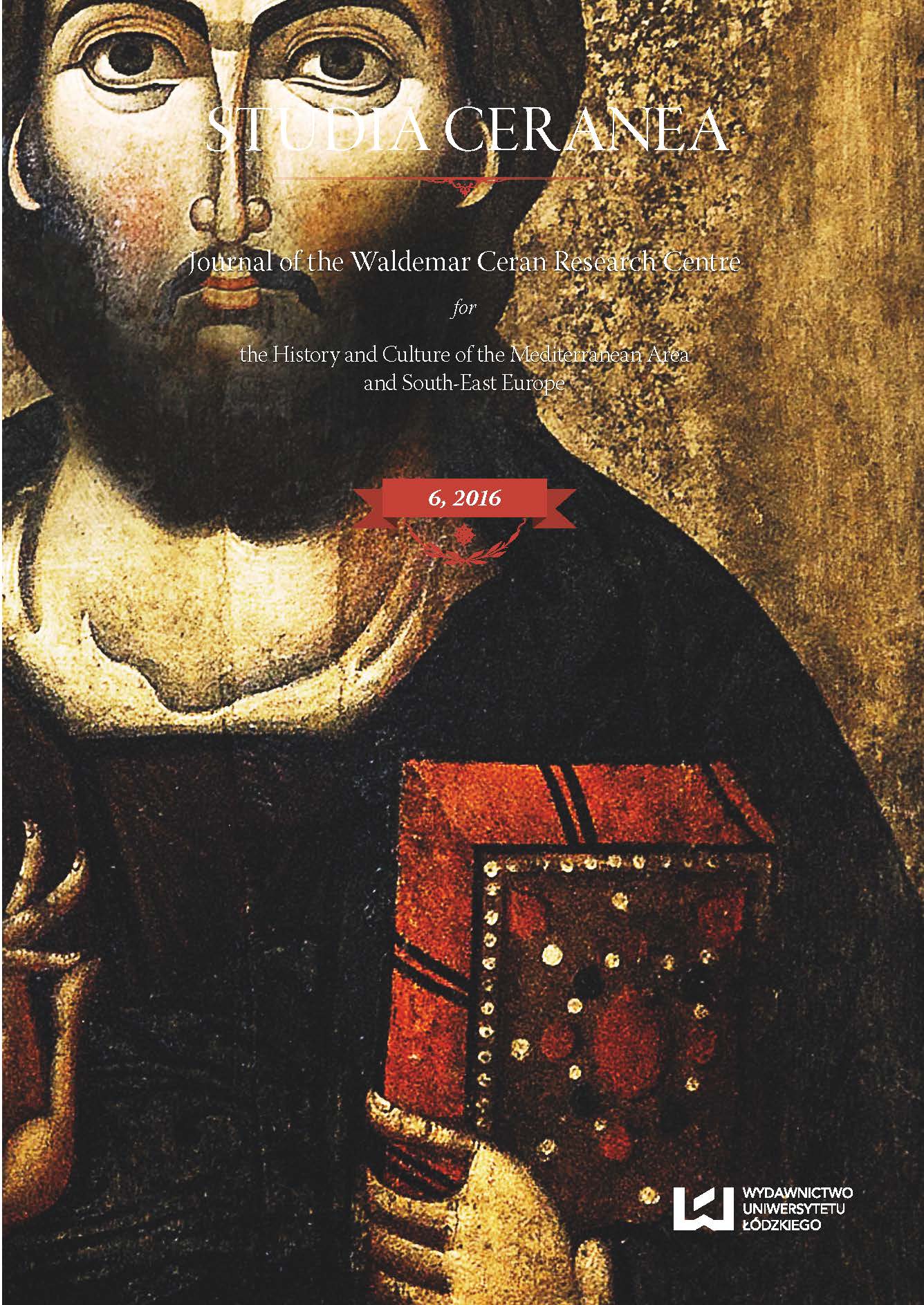La connaissance de la loi ecclésiastique chez Socrate de Constantinople en confrontation avec l’oeuvre de Hermias Sozomène
The Knowledge of Ecclesiastical Law by Socrates of Constantinople Confronted with the Works by Hermias Sozomen
Author(s): Sławomir BralewskiSubject(s): Christian Theology and Religion, Law, Constitution, Jurisprudence, History of ideas
Published by: Wydawnictwo Uniwersytetu Łódzkiego
Keywords: Socrates of Constantinople; Hermias Sozomen; Ecclesiastical History; ecclesiastical law
Summary/Abstract: In subject literature there has been a discussion regarding juridical education of Socrates, the author of Ecclesiastical History. For quite long he has been believed to be a lawyer, owing to the title scholastikos, attributed to him. Recently, however, his legal education has been questioned by some scholars. The purpose of this article is to try to answer whether Socrates, as viewed from the work of Sozomen, also presumably a lawyer, could have knowledge of ecclesiastical law and distinguished between the terms of canon (used in ecclesiastical law) and nomos (used in civil law). The analysis of both Ecclesiastical Histories proves that the word canon had numerous meanings for Socrates, who used it while referring to pure ecclesiastical law, as well as to church regulations or practices, ordinances, resolutions, church registry, or even expressions of faith. Moreover, some regulations in ecclesiastical law were not always called canons by Socrates, which demonstrates some lack of precision while using legal terminology. Sozomen, on the other hand, while correcting Socrates’ narration, restricted the meaning of the term canon only to the particular church regulations, excluding those established by heterodox synods, which had a significant impacton how frequently they appeared in the text. The liberty of using legal terms by Socrates can be an additional argument to prove that he was not a professional lawyer, just like some discrepancies in the knowledge of ecclesiastical law are clearly visible in describing powers of the bishops of Rome and Constantinople.
- Issue Year: 2016
- Issue No: 6
- Page Range: 243-255
- Page Count: 13
- Language: French

